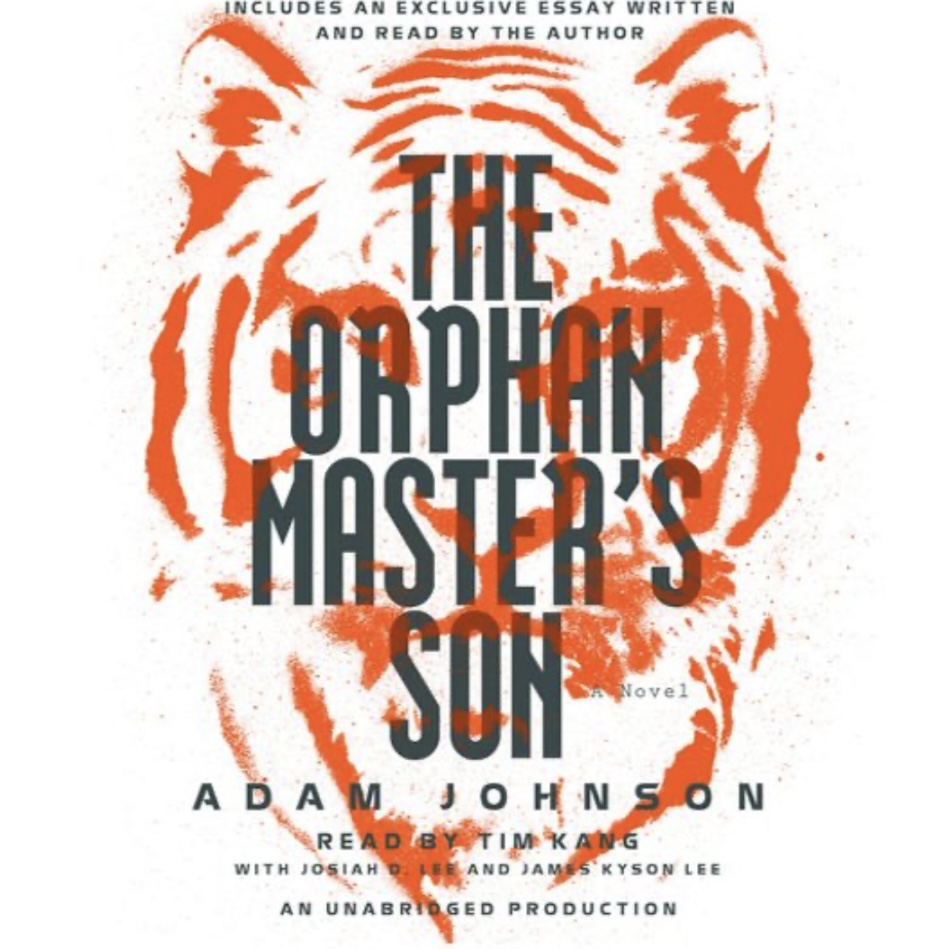posted: September 6, 2025
tl;dr: A fictional account of life in North Korea that seems all too true...
While making my way through The Orphan Master’s Son by Adam Johnson, I couldn’t help but continually wonder how much of it is true? Take, for example, the portrayal of a North Korean fishing vessel that crosses to Japan to kidnap a woman. I remember reading about such incidents in the news years ago. Certainly the particular details in the book are fictional: there’s no way to know the names of the perpetrators and exactly what was said and done.
But those details aren’t as important as the broader motivations behind the incident. How might the perpetrators have been controlled or incentivized to commit the deed? When they reached Japan’s shores, why did they not seek refuge? Why did they return, especially in the case of the title character, who has no family? The brilliance of The Orphan Master’s Son is that Adam Johnson presents highly plausible explanations for how and why these events transpire in North Korea, as well as what life is like for different classes of people. Yes, class structure is very much present in what is supposed to be a workers’ paradise.

It’s a chilling portrayal. I am fascinated by the hermit kingdom of North Korea, a throwback to the communist dictatorships of last century. The Western world can do very little to improve life for the North Korean people, given that China prefers to have North Korea as a buffer state, and especially now that North Korea has nuclear weapons. The portrayal of prison life in The Orphan Master’s Son very closely matches the non-fictional account in Escape from Camp 14, written by a North Korea defector who managed to escape to the south.
The perspective of the title character is but one of several explored in the book. Another major character is a government interrogator who lives and works in Pyongyang, the capital city. Kim Jong Il, the dictator at the time of the story, also plays a major role. He was widely known for his eccentricity and overall craziness, and Johnson shows how Kim used this to his advantage to maintain his grip on power.
I thoroughly enjoyed The Orphan Master’s Son; it is a worthy winner of the 2008 Pulitzer Prize in fiction. If the book has a weakness, I think it is in the portrayal of the American characters who interact with the North Koreans: they are a bit stereotyped. But the focus is on North Korea, and the journey that the title character undergoes is truly fascinating. Only in North Korea would it be possible.
I consumed the audiobook version of The Orphan Master’s Son. After the story is over, the audiobook includes a discussion of how the author spent years researching life in North Korea to make the book as realistic as possible. Sometimes fiction can indeed be every bit as strange as the truth.